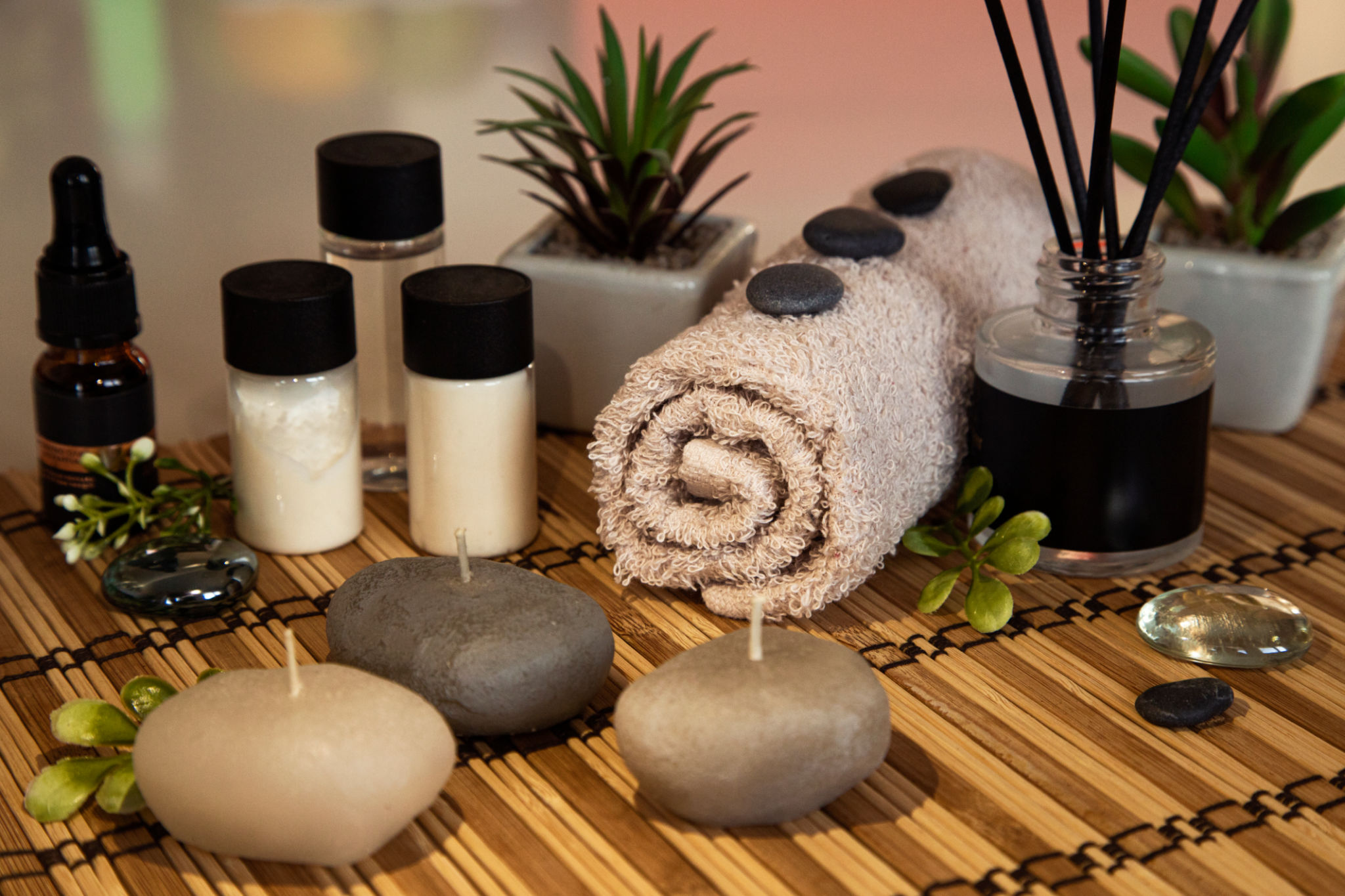The Role of Thai Massage in Stress Management
Understanding Thai Massage
Originating from Thailand over 2,500 years ago, Thai massage is an ancient practice rooted in Ayurvedic principles and traditional Chinese medicine. It incorporates a unique blend of acupressure, assisted yoga postures, and energy line work. This holistic therapy not only provides physical relaxation but also promotes mental clarity and emotional balance.
Unlike other forms of massage that typically use oils and kneading, Thai massage is performed on a mat on the floor with the recipient fully clothed. Practitioners use their hands, elbows, knees, and feet to apply rhythmic pressure and stretching. These techniques help release tension and improve flexibility, making it a powerful tool for stress management.

The Connection Between Stress and Health
Stress is an inevitable part of modern life, and its effects can be detrimental to both physical and mental health. Prolonged stress can lead to a host of problems, including anxiety, depression, high blood pressure, and a weakened immune system. Finding effective ways to manage stress is crucial for maintaining overall well-being.
Thai massage offers a natural and holistic approach to stress relief. By enhancing circulation and promoting relaxation, it helps reduce the levels of cortisol, the body's primary stress hormone. This not only alleviates anxiety but also fosters a sense of tranquility and rejuvenation.

How Thai Massage Alleviates Stress
Thai massage works through several mechanisms to relieve stress:
- Physical Relaxation: The combination of gentle stretches and acupressure helps release muscle tension and improve joint mobility.
- Improved Circulation: The rhythmic pressure enhances blood flow, which aids in detoxification and nutrient delivery to cells.
- Energy Balance: Working on the Sen lines, or energy pathways, restores balance within the body and promotes healing.
- Mental Clarity: The meditative aspect of Thai massage clears the mind, reducing mental clutter and fostering focus.
The Experience of a Thai Massage Session
A typical Thai massage session lasts between one to two hours. It begins with the practitioner assessing the individual's needs and customizing the pressure and techniques accordingly. The session progresses through a series of yoga-like stretches, rhythmic presses, and gentle rocking motions that guide the recipient into a state of deep relaxation.

During the session, clients often experience a profound sense of calm and well-being. Many report feeling lighter and more centered afterward, with a noticeable reduction in stress levels. This therapeutic experience not only addresses physical discomfort but also provides emotional release.
Incorporating Thai Massage into Your Routine
For those seeking an effective way to manage stress, incorporating regular Thai massage sessions into your wellness routine can be highly beneficial. Many people find that scheduling a session every few weeks helps maintain their mental equilibrium and physical health.
Aside from professional sessions, some elements of Thai massage can be practiced at home. Simple stretches or breathing exercises inspired by this ancient practice can serve as quick stress-relief techniques in daily life.

The Long-Term Benefits of Thai Massage
Consistent practice of Thai massage not only aids in immediate stress relief but also contributes to long-term health benefits. Regular sessions can enhance flexibility, improve posture, boost the immune system, and promote better sleep. These cumulative effects support a healthier lifestyle and resilience against everyday stressors.
As individuals become more aware of the importance of self-care, Thai massage offers a time-tested method for nurturing both body and mind. By incorporating this ancient art into modern wellness practices, one can achieve a balanced state that supports both physical health and emotional well-being.
